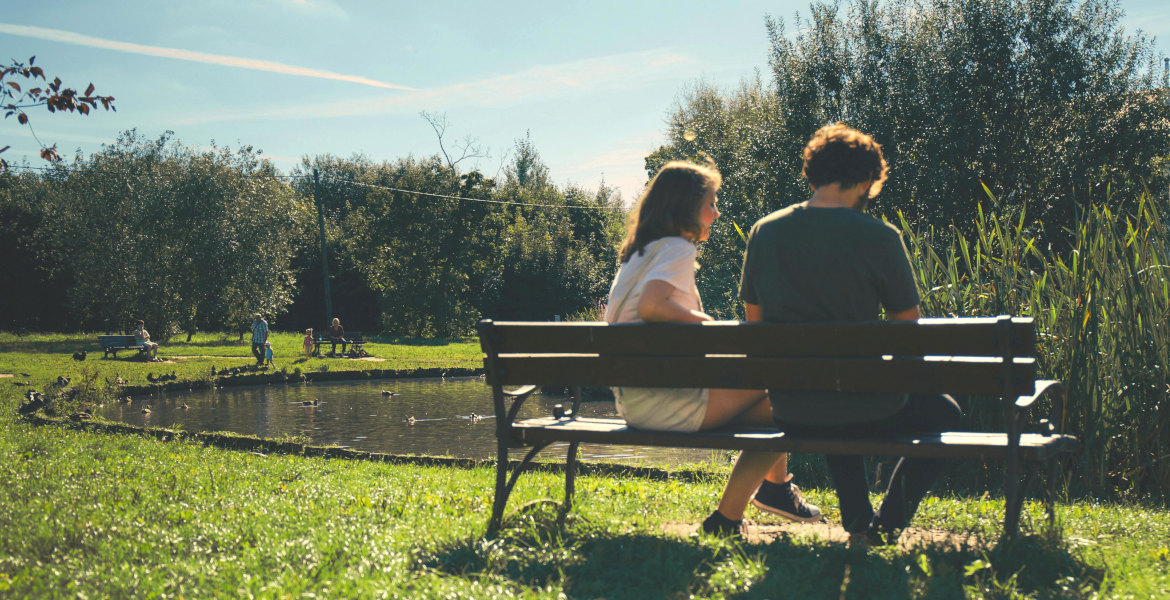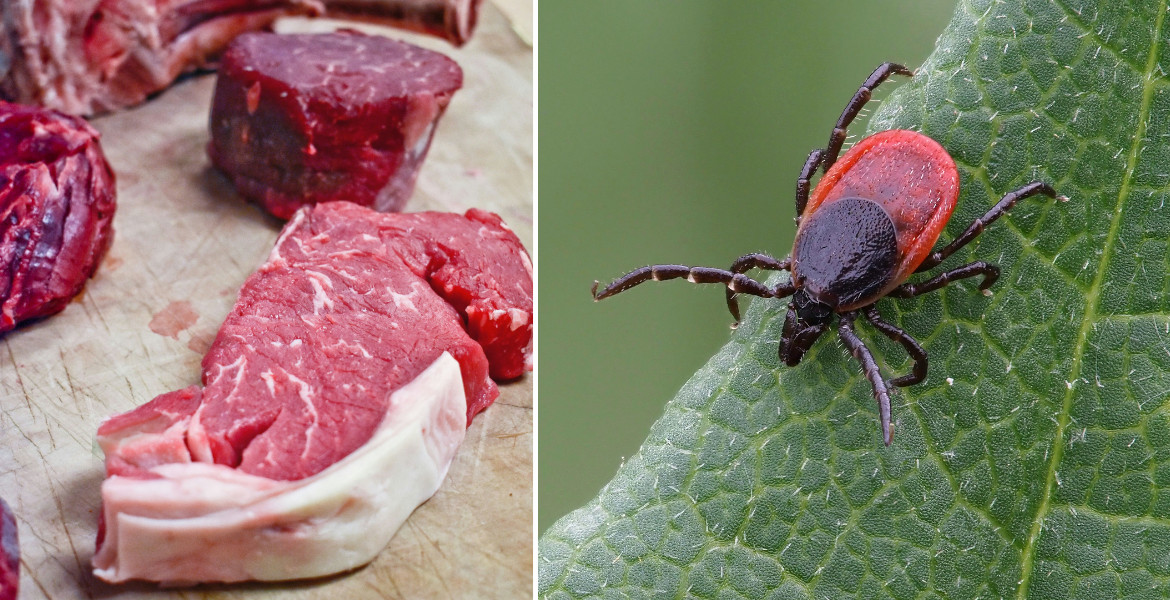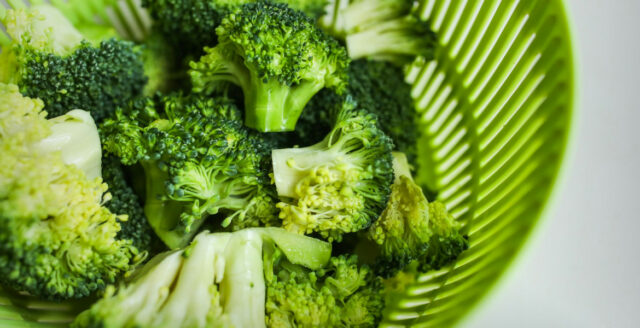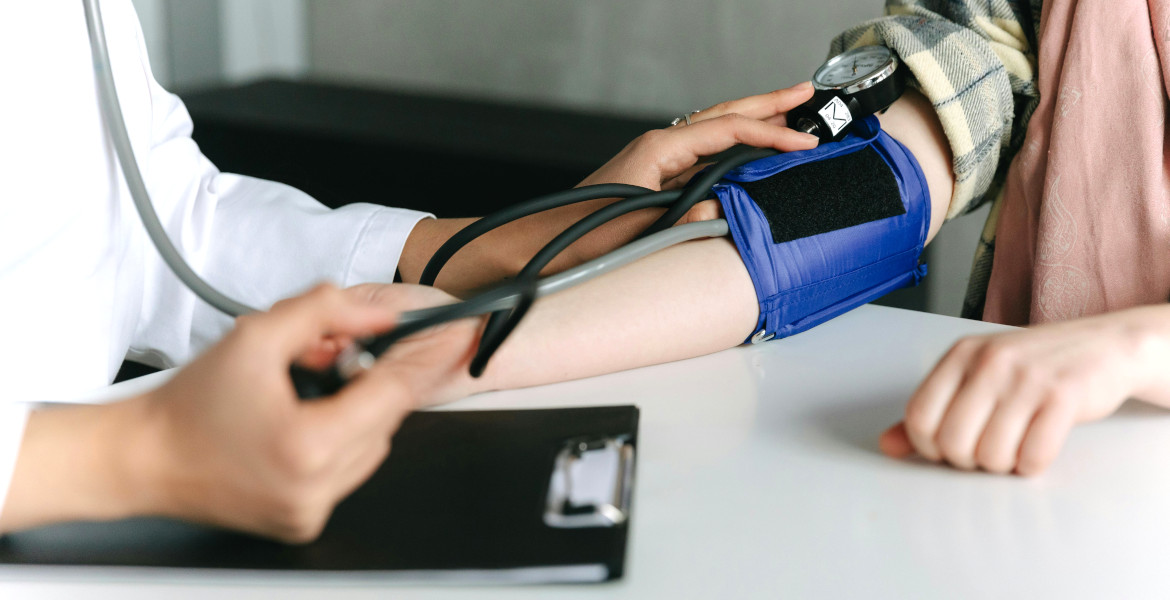Children and teenagers who spend a lot of time behind screens are more likely to have poor sleep, negative body image and depression, according to a new report from the Swedish Public Health Agency and the Swedish Media Authority, together with Uppsala University and others. Surprisingly, computer games do not seem to have as negative an effect on health as previously thought.
The report Digital media and children’s and young people’s health – A knowledge compilation, commissioned by the government, summarizes the state of knowledge about children’s and young people’s use of digital media and how it may affect their health. It looked at recent research, survey data and also used focus groups with children, young people and parents.
The main finding is that screen time has a clear impact on sleep across all age groups. “There is a clear correlation between having a mobile phone in the bedroom, using the phone during the night and poorer sleep”, says Lina Eklund, senior lecturer at the Department of Informatics and Media, who is one of the researchers who advised the report.
– I believe in negotiating common rules for adults and children and protecting sleep, such as not having mobile phones in bedrooms. It’s not just that lack of sleep makes you tired. There are huge links between poor sleep and various risk factors, such as poorer development, increased risk of various diseases and so on, she said in a press release.
Playing with friends beneficial
The report also confirms that increased use of digital media can increase the risk of depression, and that social media in particular increases the risk of negative self-image, which can lead to an eating disorder. There are also some risk behaviors to watch out for, according to the researchers. For example, sitting and scrolling for long periods of time on different platforms can be a risk factor, while talking to friends is not.
The same is true for video games, which are often identified as harmful but for which there is little research.
– Most young people play with their friends or siblings, which is a positive thing. However, playing alone can be a risk factor. At the same time, high use of both social media and computer games is associated with depressive symptoms, says Eklund.
In September, the Swedish National Board of Health (Folkhälsomyndigheten) and the Swedish Media Authority (Mediemyndigheten) plan to develop new guidelines for screen use based on the report.







